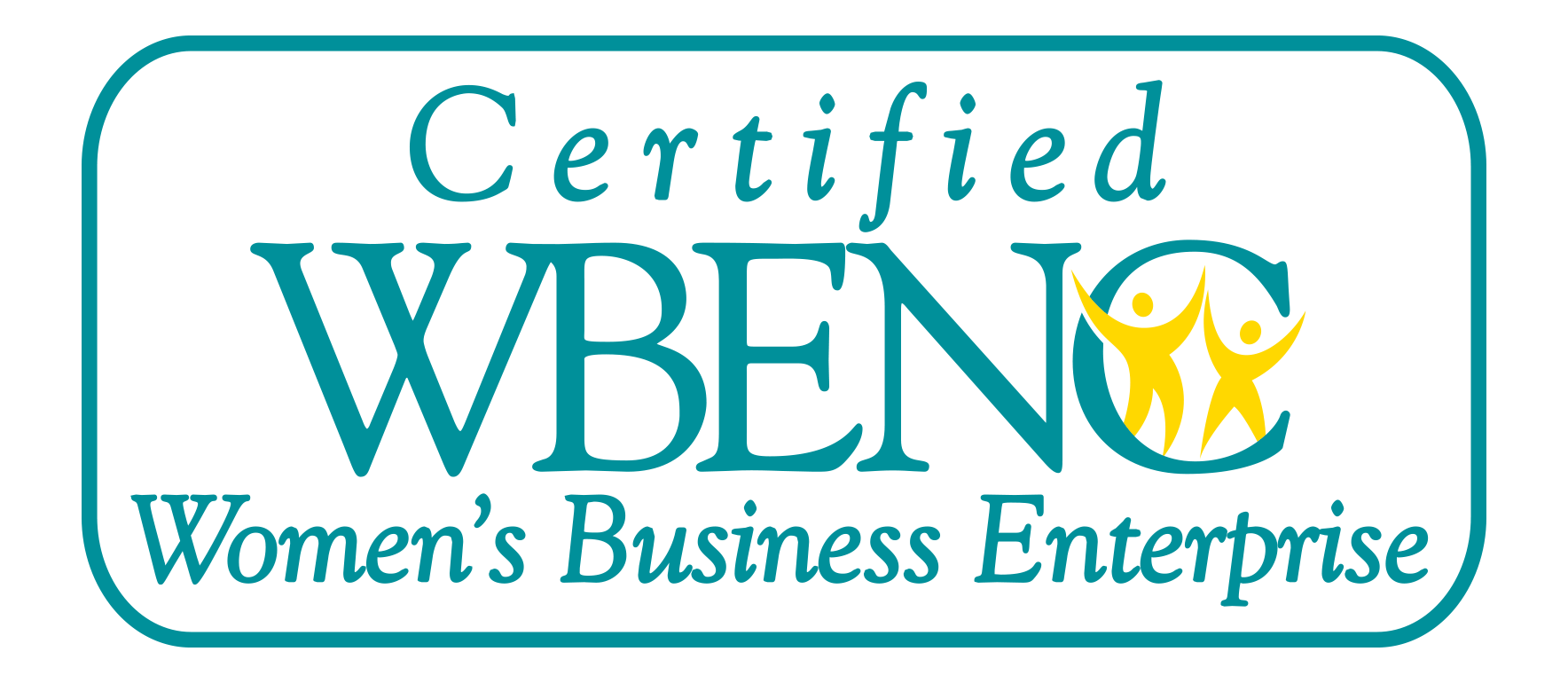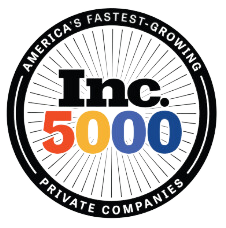
The BYOD (bring your own device) discussion is still as relevant today as it was when the conversation started years ago, raising questions about productivity, cost savings and network preparedness. And with a millennial mentality surging through the workforce, the conversation of pros and cons of BYOD is actually even more critical to address.
For us telecom and IT junkies, the fun parts of BYOD are all about the network. How do we prepare for bandwidth intensive applications? How do we mitigate security concerns that come along with BYOD? How will a cloud or on-premises or even a hybrid phone system affect a BYOD model? Even if you’re not an IT or telecom junkie, these are very serious questions that you should definitely talk about with your business phone provider.
What about all of you business owners and leaders out there looking for the holistic business benefits of a BYOD communications model? We have one word for you. Collaboration. Ok, make that five words – higher productivity and seamless collaboration. You might be saying, “A device is a device. Does it really matter where it comes from?”
Here are four reasons the answer is YES:
1) Adds 2 productive hours to the day
According to a study conducted by BMC Software, employees engaging with business collaboration apps work 120 more productive minutes every day.
2) Freedom to work whenever you need to
We are no longer confined to a 9-5 work day. Productivity takes places at any given hour of the day. At least 30 percent of BYOD workers check their email and other business collaboration apps between 6am – 7am, and 20 percent between 11pm – 12am. Enabling employees to access business collaboration applications from their own devices will increase their willingness to put in the work time, no matter when or where.
3) Less is more. Seriously.
Let’s be real. How many people want or need to carry around two phones or two devices? Giving your employees the weightless freedom to carry the device they want, no matter when or where they are, will not only increase productivity, but enhance creativity, attention to detail and overall effectiveness.
4) 10,000 pennies saved is 10,000 pennies earned
Last but not least, let’s not ignore the pure cost benefit. BYOD is a clear cost benefit to businesses. The employee, who already has the necessary devices to enable applications for business reasons, has already absorbed the cost of the device itself, along with services. According to Gartner, even back in 2014, “IT leaders can spend half a million dollars to buy and support 1,000 enterprise-owned tablets, while they can support 2,745 user-owned tablets with that same budget.” That’s nearly three times more devices on the same budget. And that’s just the start.
Learn more about our MiTeam Collaboration collaboration software >



















